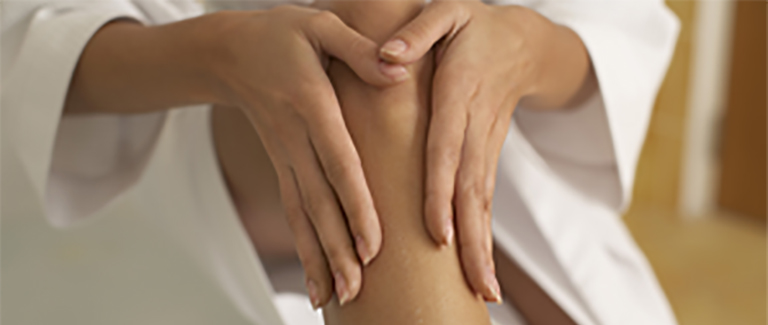Many of you have heard it before “Crossing your legs will cause varicose veins.”
The debate has gone on for ages, but what’s the truth? Can simply crossing your legs too often be one of reasons you’re developing varicose veins, or is it just a myth?
The truth is that crossing your legs is not a direct cause of varicose veins, but heavy amounts of pressure on the legs can be a contributing factor.
To understand varicose veins, you must first understand how veins work. Veins are the transport vessels from various regions of the body through which blood travels back to the heart. One-way valves within the veins prevent the blood from flowing backward.
Simply put, varicose veins develop when the one-way valves become weakened or damaged, forcing the blood to back up or pool in the vein. This increases pressure inside the vein, which can cause other valves to begin failing. In this way, vein disease is progressive, meaning that it gets worse without treatment. Eventually, the pooling and increased pressure causes the veins to stretch and expand, resulting in bluish, dark, swollen, bulging and twisted veins.
Some factors that will affect your chances of developing varicose veins include:
Age
With advanced age comes the possibility of weakened or damaged veins. Over time, your veins can lose their elasticity, causing them to stretch. With this lack of bounce-back, the valves that support the one-way pumping of blood don’t do their job as well, resulting in the pooling of blood in the veins.
Heredity
If your mother or grandmother had varicose veins, it is likely you could, as well, because varicose veins are hereditary. In addition, while varicose veins occur in both men and women, women are affected by them disproportionately.
Pregnancy
With pregnancy comes a lot of changes to the way the body functions. This includes the increased volume of blood moving from the legs to the pelvis, to support the fetus. A side effect of this circulation change is that the veins in the legs may swell, especially in the third trimester when the most pressure occurs.
Occupation
If your job requires you to sit or stand for extended amounts of time, this could play a role in the development of varicose veins. Keeping your legs in the same position all day can affect the way the blood circulates in your body, especially the legs.
Keep in mind that any time there is added pressure that restricts or alters circulation, especially in your legs, it could become a contributing factor to varicose veins.
There is no way to completely avoid varicose veins, but there are some things you can do to help prevent them. Surprisingly, these preventive steps are the same steps you can take to alleviate the discomfort that accompanies existing varicose veins.
- Exercise
- Compression stockings
- Leg elevation
- High-fiber, low-salt diet
- Maintaining a healthy weight
- Don’t sit or stand for extended amounts of time
- Avoiding high heels
For any other questions you may have about the causes and treatment of varicose veins, call Total Vein Care at (225) 245-3540 today and schedule your appointment with one of our expert vein specialists.
